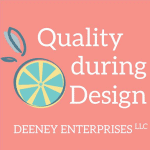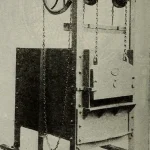
Fundamentals of Supplier Reliability
podcast episode with speaker Fred Schenkelberg
Many products include items designed and manufactured by another company. Few is any make their own screws or capacitors found in their product. We rely on our suppliers to create items we can incorporate into our product offerings.
When a supplied item fails, say a power supply, the customer notices the product is not working, your product, not necessarily the faulty power supply. Your brand takes the hit and pays the price of the failure.
Let’s explore how to work with suppliers to ensure the supplied items will meet or exceed your reliability expectations. It’s not as simple as requiring a set of tests or warranty contracts; it is the relationship you build with the supplier and understanding the supplier’s reliability, maturity, and capability.








 Ask a question or send along a comment.
Please login to view and use the contact form.
Ask a question or send along a comment.
Please login to view and use the contact form.